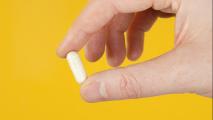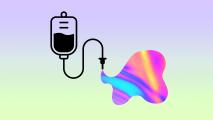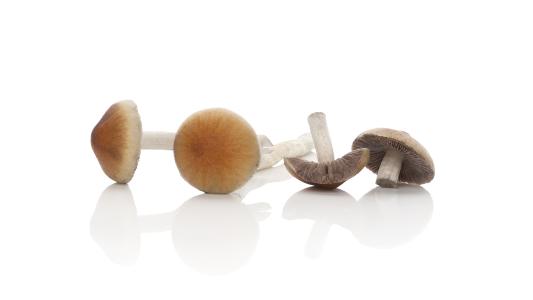If you’re planning to trip on psychedelic mushrooms in the near future, the scientists at Johns Hopkins want to hear from you.
The university is a world-leader in psychedelics research, publishing dozens of scientifically rigorous, lab-controlled studies of psilocybin, LSD, and other consciousness-altering drugs.
These studies have greatly enhanced our understanding of the drugs and their potential therapeutic benefits. But most people don’t use psychedelic mushrooms in a lab — they use them at home or perhaps in nature — and limiting studies to a lab setting means we might not be getting the whole picture.
Now, Johns Hopkins has teamed up with the psychedelic research nonprofit Unlimited Sciences for a new study, one in which they plan to talk to 1,000 people before and after they trip on psychedelic mushrooms in a “real-world” setting.
“Studies exist showing the benefits of psilocybin for depression, smoking cessation, and cancer-related distress in the lab, among other things,” Del Jolly, co-founder and director of Unlimited Sciences, said in a news release.
“But because our research is ‘real-world,’ allowing participants to enroll for any reason and participate in any setting, we will learn unprecedented new details about how individuals are choosing to use this substance,” he continued.
Any English-fluent adults planning to take psychedelic mushrooms in the next six months can sign up for the study.
The researchers will email participants reminders to take surveys at different points during their psychedelic experience: two weeks prior, the day of (before consuming the psychedelic mushrooms), 1–3 days after, 2–4 weeks after, and 2–3 months after.
Each survey will take between 10 and 30 minutes to complete, and the questions will focus on having participants describe their current state of mind and physical location.
“By expanding this study to include far more examples of real-life usage and outcomes, we can continue to learn more and refine our research,” Heather Jackson, Board President of Unlimited Sciences, said. “A study of this type can direct future controlled clinical trials.”
We’d love to hear from you! If you have a comment about this article or if you have a tip for a future Freethink story, please email us at tips@freethink.com.






